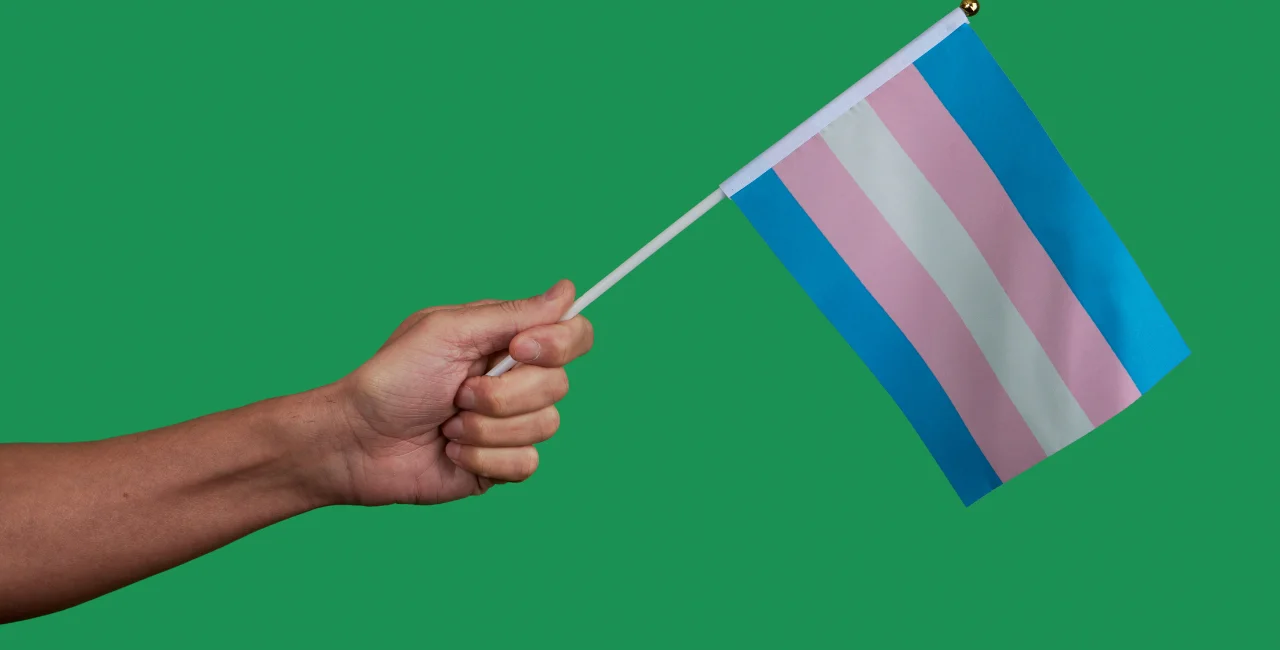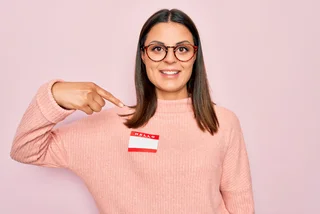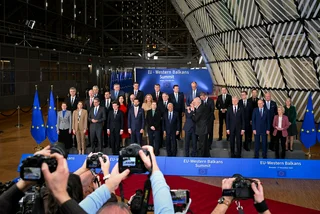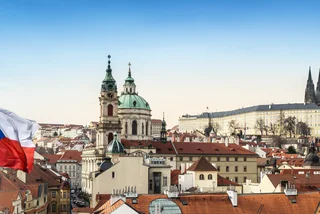In a move to simplify the registration process for individuals whose gender identity doesn't align with their biological sex, the Ministry of the Interior has unveiled a list of gender-neutral names. Created based on expert opinions and professional statements, this list is a game-changer in a country where naming is a big deal.
The list is intended for both those who want a gender-neutral name and as a guide for officials when such a name is proposed in the registry book. According to the directive, which came into effect today, once a name from the list is selected, the record's office must enter it into the registry book without any further questions.
According to a statement released by the ministry today, the names on the list meet all the legal requirements outlined in the Act on Registers, First Names, and Surnames. "All of the names actually exist, they are in the correct orthographic form and are not garbled, diminutive, or made up," the ministry said.
The names on the list (which can be downloaded in spreadsheet format) are documented as gender-neutral, meaning that they have been used by both men and women and are not just for transition purposes.
"We emphasize this fact because, in the Czech environment, we have a tradition of associating certain names with a specific gender. However, it's important to note that in other languages, these names may be evaluated differently," the ministry said in its official statement.
The ministry notes that gender perception can vary across languages. "For example, Andrea is considered a feminine name in Czech, but it is masculine in Italian. Similarly, names like Merlin, which is masculine in English, can be feminine in German. And let's not forget about Ota, Sava, and many others," it wrote.
the list at a glance
- Some of the names on the list resemble familiar domestic or diminutive forms commonly used in Czech culture, such as Ferda, Gabi, and Jura.
- Common nouns like Topaz, which the current law does not permit, appear on the list; however, such similarities are purely coincidental as these names have been documented in other languages as official birth names for both males and females.
- A number of neutral names come from distant languages, for example, Aamannguaq, which is Greenlandic.
- The list of gender-neutral names does not contain information about their pronunciation, as pronunciation doesn't fall within the scope of registry practice.
Trans community activists who fought for the list said that they were frequently met with resistance when applying to register gender-neutral names in Czechia. According to Lenka Králová from the Trans*parent association, that's because until now registrars were guided by the booklet Jak vyše vaše čerce namky, considered unwritten law at most record offices.
"This little book was long taken by the registries as a list of permitted names - if you wanted to choose a name that wasn't in this brochure, you could argue with the registrar," she wrote on Twitter adding that for transgender people some workplaces are even resistant to accepting expert opinions as proof of name validity.
"For many people who were going through a very difficult life situation, it was an unnecessary extra stress and it was very undignified," Králová tweeted.
Trans lidé majà ode dneška výrazně zjednodušený proces změny jména na matrice!
— Lenka Králová (@VTranzu) July 1, 2023
Zákon o matrikách pravÃ, že vaÅ¡e jméno musà odpovÃdat vaÅ¡emu zapsanému genderu a že jméno musà být existujÃcÃ. Obvykle se jako hlavnà motivace objevujà hlasy, že je potÅ™eba chránit dÄ›ti - jak jinak.… pic.twitter.com/1PPeRiJ9BO
Králová adds that the directive isn't yet final. "The list on the ministry's website has around 4,000 names. We have some professional disagreements here between the linguist Jana Valdrová and the Institute for the Czech Language, so not all names from Jana Valdrová's list are on the public list."
This comprehensive list could pave the way for smoother future processes and greater acceptance in Czechia. The move signifies the government's championing of inclusivity by giving individuals the freedom to choose names that truly represent them.












 Reading time: 3 minutes
Reading time: 3 minutes 


























